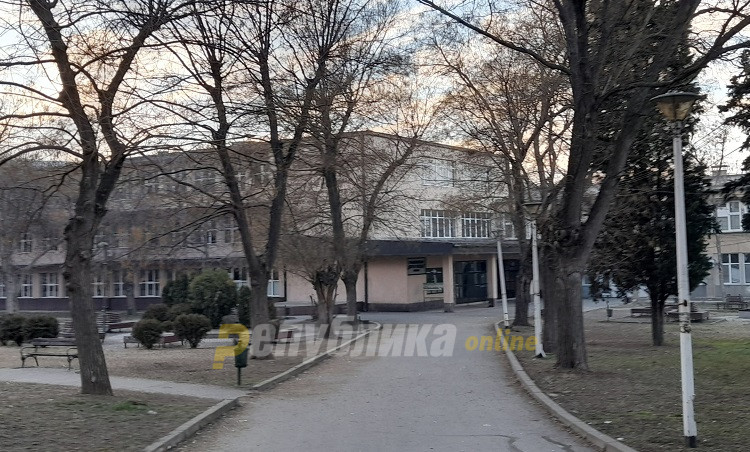Nearly 60 percent of citizens believe that the country has low-quality education, according to the latest poll conducted by the Skopje Institute for Political Research for Detektor. According to the poll, 57.3 percent of the respondents said that education is not of high quality, compared to 35.6 percent who are convinced that it is of quality.
The comparison with the poll conducted by IPIS for Detektor in 2019, shows that today citizens’ dissatisfaction with education is even greater, taking into account that the number of those who consider it to be of poor quality jumped from 51.6 percent to 57.3 percent.
The higher the education of the respondents, the greater their dissatisfaction. 67.2 percent of citizens with higher education believe that education in the country is not of high quality. Those citizens who have completed secondary education have a similar opinion: 61.3 percent believe that we have low-quality education.
Primary education together with secondary education is rated the lowest by the citizens. On a scale from 1 to 5, primary education has an average score of 2.65, and secondary education has an average score of 2.64. The average score for higher education is 2.73.
Compared to the 2019 Detektor poll, citizens gave lower scores at all levels of education. So, the average score of primary education dropped from 2.85 to 2.65, at the secondary level, it decreased from 2.73 to 2.64, and at the primary level, from 2.84, it decreased to 2.73.
Citizens are most dissatisfied with the quality of textbooks. As many as 64.8 percent of them expressed dissatisfaction with the quality of textbooks, while only 19.6 percent said they were satisfied.
There is also great dissatisfaction with the curricula – 56.8 percent of citizens said they were not satisfied, compared to 22.1 percent who said they were satisfied. 44.8 percent of the respondents are not satisfied with the teaching staff, while 36 percent have no problem with the teachers.
Compared to five years ago, the majority of citizens believe that we have worse education today. 56.3 percent share this attitude against 25 percent who do not see any change.
Only 9.6 percent of the respondents say that today’s education is at a higher level compared to the situation five years ago. The same question was asked in the poll four years ago, and then 48.9 percent believed that education had become worse in the last five years, against 28.8 percent who saw no changes and 18.3 percent who then believed that education was at a higher level compared to the previous five years.
According to the poll, 49 percent of the respondents say that the quality of the educational process in our country is worse compared to the countries of the region. A quarter is
of the opinion that it is similar, and only 5.7 percent believe that Macedonia has a better education than the countries of the region.
Detektor indicates that here, too, the comparison with the IPIS poll from 2019 shows that perceptions have worsened. At that time, 40.1 percent thought that there was better education in the region, close to 30 percent did not find any difference and 10.4 percent thought that the country has a better educational process compared to the countries of the region.
According to the citizens, the main reason why Macedonia is in the lowest places in the world measurements for the quality of education is the poor curriculum, a view shared by 19.2 percent of the citizens. 15.5 percent believe that the main reason is inadequate teaching staff, 12.7 percent see the problem in low-quality textbooks, and 11 percent are in poor conditions in schools, the conclusion states.
The poll of the Institute for Political Research Skopje was conducted from February 28 to March 3 this year on a representative sample of 1107 respondents.






Comments are closed for this post.